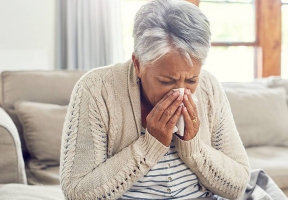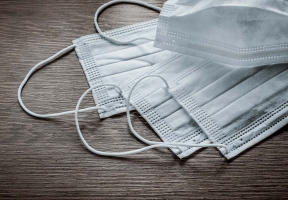

As the coronavirus continues to spread throughout the world, so does the fear. Here in the United States, people are rushing to buy supplies. Face masks, hand sanitizer, toiletries and cleaning products are starting to dwindle from store shelves. Some retailers are now limiting purchasing power to meet demand and to keep price gouging at bay. Compared to the cases seen overseas, here in the U.S., the coronavirus is just beginning to emerge, claiming its’ first deaths in Washington state. Illinois saw its’ first case last month and with numbers rising, thoughts of fear may be starting to creep in for some.
“Sometimes our thoughts get away from us, especially when speaking of an anxiety. We may think something bad will happen to us or may even think of the worst-case scenarios. However, we must be mindful that typically the worst-case scenarios our mind tells us are not necessarily true. Our mind develops thoughts to protect us; but sometimes we need to realize the reality of the situation and how to adequately manage our thoughts around it,” says Dr. Casey Noreika of Clarity Clinic in Chicago.
So, what is behind this fear? It’s called situational anxiety. It is a general nervousness, concern or worry regarding a situational, or transient event. For example, one might become anxious or nervous if they have an upcoming speech to give in front of a large group of people. However, this nervous feeling doesn’t last long and usually dissipates after the conclusion of the event. What can we do to manage our fears? Taking deep breaths and engaging in enjoyable activities help keep thoughts at bay. Also using positive self-talk, taking appropriate precautions and forming healthy boundaries as well as safety measures. Don’t forget to wash your hands, cover your mouth, keep hand sanitizer with you, and stay home if you are feeling sick.









